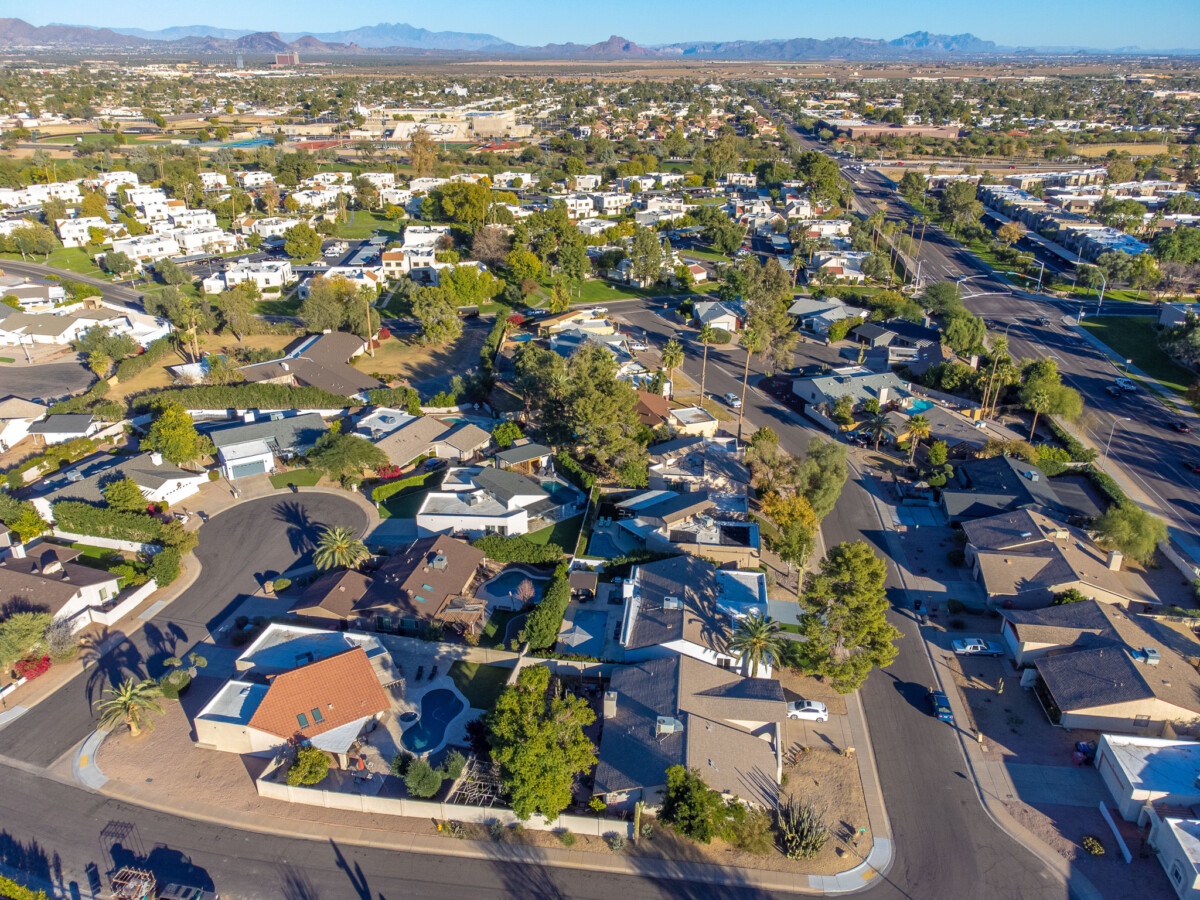Homeowners insurance in 2024 reflects significant shifts due to increasing natural disasters, rising rebuilding costs, and tightening market conditions. Here are key statistics and insights that define the industry landscape for the year:
Premium Increases
- Average premiums for homeowners insurance have surged, with coastal and disaster-prone states seeing the steepest hikes. For instance:
- Louisiana leads with premiums rising by 23%, reaching an average of $7,809 annually due to frequent hurricanes.
- Florida remains one of the most expensive states, with annual premiums averaging $3,900, driven by hurricane risks and coastal flooding.
- Matic Insurance Quotes
- Insurance Business America
- California premiums average $2,500, reflecting wildfire exposure and increased rebuilding costs
- CoinLaw
Nationally, premiums for new policies increased by 8.6% in 2023 and are expected to rise further in 2024. Renewal policies saw even sharper hikes, with an average increase of 23.7%
.
Deductibles and Policy Adjustments
Insurance providers are imposing higher deductibles to mitigate rising claims:
- All Other Perils (AOP) deductibles for new policies have increased by 200% since 2019 for between $2,000 and $2,500.
- Wind and hail deductibles, often set as a percentage of property coverage, are now standard in high-risk regions
- Matic Insurance Quotes
Additionally, insurers are limiting coverage in disaster-prone areas. States like California, Texas, and Florida face reduced options as some carriers withdraw entirely due to escalating risks.
Claims and Disaster Impact
Natural disasters remain the top drivers of claims:
- Wind and hail account for 35% of all claims, reflecting the impact of storms and hurricanes.
- Water damage (28%) and fire losses (10%) follow, with the average fire claim exceeding $78,000
- CoinLaw
States like California have over 2 million homes at high wildfire risk, while millions of properties in Florida, Texas, and Louisiana are vulnerable to hurricanes.
Regional Variations
- High-Cost Regions: Coastal states like Louisiana, South Carolina, and Florida experience the highest premiums due to hurricanes and storm surges.
- Affordable Areas: Midwestern states like Ohio and Indiana maintain lower premiums, averaging $1,200 annually, due to fewer natural disasters
- CoinLaw
- Insurance Business America
Consumer Trends
- Discount Utilization: 87% of insurers offer discounts for safety measures like smoke alarms and security systems, helping homeowners save up to 20%.
- Bundling Policies: 65% of homeowners bundle home and auto insurance, saving an average of $425 annually
- CoinLaw
Outlook for 2024
As climate change accelerates and reconstruction costs rise, homeowners should expect continued increases in premiums and deductibles. Insurers will likely tighten underwriting standards, especially for older homes and properties in high-risk zones. Proactive measures like investing in safety upgrades, exploring discounts, and bundling policies can help mitigate costs
The 2024 homeowners insurance market reflects growing risk factors and the industry’s adaptation attempts. Understanding regional risks and insurance trends is critical to effectively navigating these challenges.
Thank you for reading! If you enjoyed this article and want to explore more content on similar topics, check out our other blogs at Sonic Loans, Sonic Realty, and Sonic Title. We have a wealth of information designed to help you navigate the world of real estate and finance. Happy reading!
Are you looking for the right loan? Check out Sonic Loans for tailored mortgage solutions that make home financing simple and efficient.
Grid 1
Figuring Out the Best Home Loan for 2025
Buying a New Home in 2025
Rules to buying a house at an auction
How to know if the house is overpriced
How to Negotiate a House Price as a Buyer
What’s a Good Credit Score to Buy a House?
What is a Section 8 Home?
How to Make an Offer on a House That Will Be Accepted
Real Estate Owned (REO): Understanding and Navigating the World of Bank-Owned Properties Introduction to Real Estate Owned (REO)












